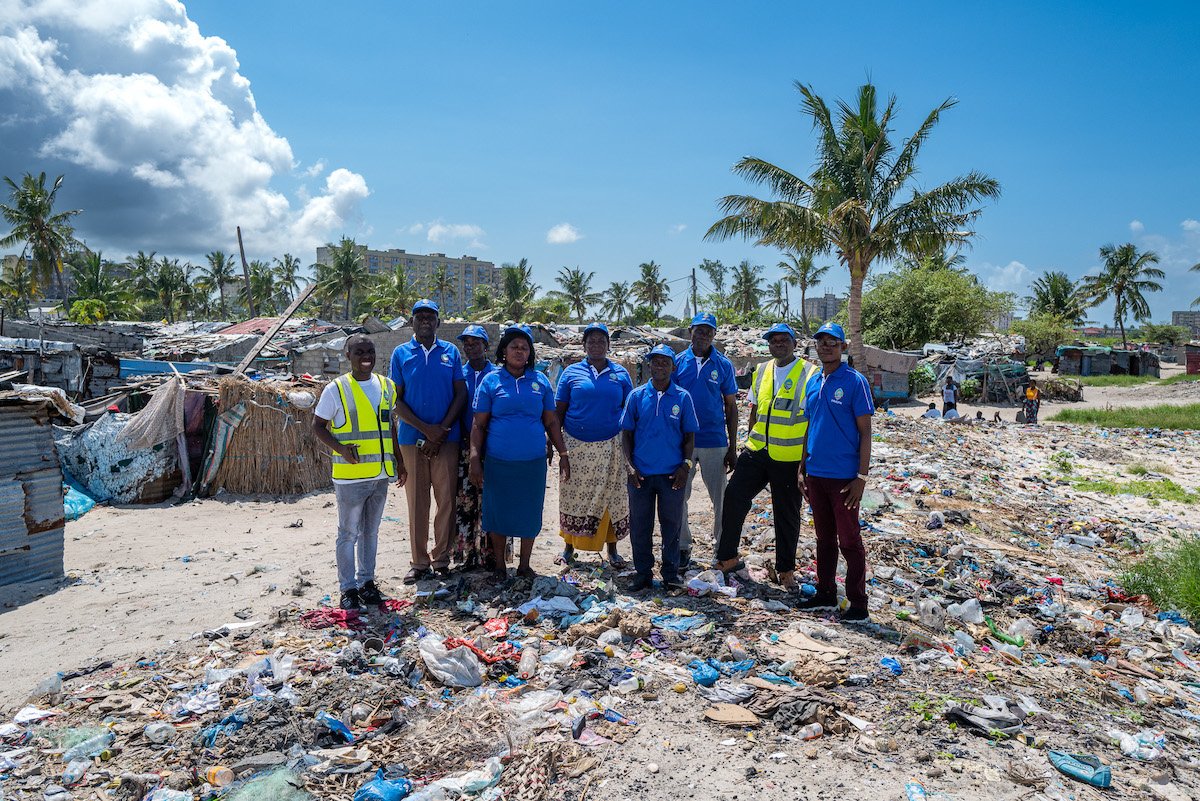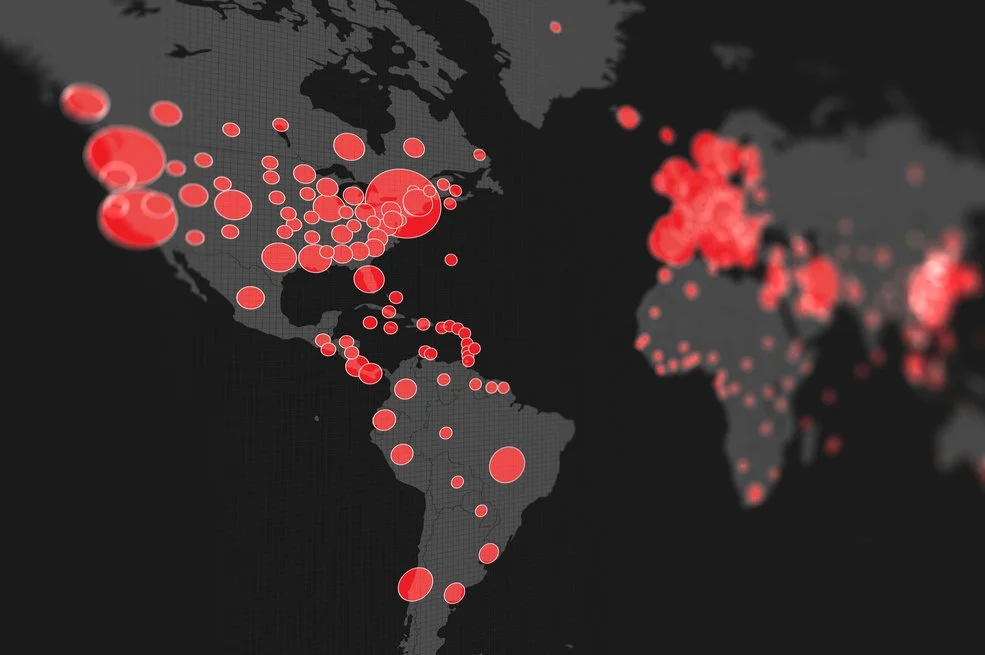Survival Skills: Why a Tech Company is Helping to Educate Refugees in Germany
/Refugees arriving in Germany. Photo: Jazzmany/shutterstock
Since refugees first started flooding into Europe in 2015, technology companies have played an important role in philanthropy's response. Microsoft, Google and Cisco are among the firms moving to help refugees—focusing on their vital need to stay connected through phones and laptops.
Recently, another tech titan stepped forward to help refugees, but with a different focus: Intel is funding skills training for refugees in Germany to the tune of $1 million. The International Rescue Committee (IRC) announced earlier this month that it is collaborating with the Intel Foundation to provide 1,000 refugees with skills training and employment services. The program, which goes by the name Project CORE: Creating Opportunities for Refugee Employment, will equip individuals in Germany with critical skills in Information and Communications Technology (ICT) and other in-demand sectors of the German economy.
The move aligns with Intel’s push in recent years for a major shift in the way STEM fields engage a diverse future workforce, which included some hefty funding for education institutions. Intel has funded engineering scholarships at historically black colleges in the U.S. and is working with primary education programs that focus on underserved populations. Like other tech companies giving for STEM, Intel has an eye on both broad equity issues and on its long-term labor needs at a time of rapid demographic changes in the United States.
Related: Behind Intel’s Big Give for Diversity and STEM
But Intel also has an extensive presence in Europe, including four facilities in Germany. And it makes sense that it would see boosting the STEM skills of refugees as a double win: The company is helping a population with urgent needs while also expanding the pool of tech workers in Germany.
“The Intel Foundation’s investment in Project CORE aims to deliver a transformative workforce development and empowerment program that utilizes technology curricula and hands-on innovation experiences to provide more opportunities for refugees and the communities they serve,” Rosalind Hudnell, president of the Intel Foundation, said in a statement.
Since the start of 2015, over 1.5 million people have arrived in Germany seeking asylum. That wave sparked dire predictions that Germany would implode. Those predictions have not been borne out—Germany’s economy is booming—and the German example may hold lessons in workforce development, STEM training and civic integration that the new Intel-IRC initiative can help unlock.
The IRC has been working in Germany since July 2016, engaging with the German government and civil society organizations to address the refugee issue. The IRC is sharing its expertise in education for refugee children and youth, and ways to prepare refugees to join the workforce and contribute to their new communities.
“It is exciting and encouraging to see that opportunities are being extended to refugees living in the country,” said David Miliband, president and CEO of the International Rescue Committee, in a statement. “The collaboration between the IRC and Intel Foundation provides individuals with an opportunity to gain critical skills in the most in-demand sectors of the German economy, allowing them to find a job and integrate into their new communities.”
In January, employees from Intel’s U.S. offices traveled to Germany to train IRC’s local partner organizations for the work ahead. Project CORE consists of three other broadly defined areas.
First, the project will invest in job and skills training, giving refugees a comprehensive orientation to the German labor market, introduction to the IT industry, and courses that will provide critical skills and certifications essential to job placement.
Second, it involves local private sector engagement; in addition to providing direct job training services, the program will work with potential employers to conduct trainings and share best practices related to refugee engagement.
Third, the project engages in information sharing, equipping local partners with best practices around refugee training and integration that will inform their future engagement with refugee populations and be shared with a broader network of stakeholders that include training institutions, policymakers, employment services providers and the private sector.
One interesting historical footnote about the Intel/IRC partnership is that Andy Grove, the longtime CEO and chairman of Intel was passionate about refugee issues and a supporter of IRC. As a Hungarian Jew during World II, Grove and his mother lived in hiding to escape Nazi persecution. Later, in 1956, he fled Hungary for the U.S. The Grove Foundation continued to support refugee issues after Andy Grove's passing.
Meanwhile, IRC has emerged as a key player on refugee education. Along with Sesame Workshop, it recently won a $100 million grant from the MacArthur Foundation for early childhood development and education work focused on Syrian children refugees in the Middle East.
The challenge of educating millions of refugees is daunting, and there aren't that many funders in this space. Among them, as we've reported, is the Clooney Foundation, which last year announced a $2.25 million partnership with UNICEF to help seven public schools provide educational opportunities to around 3,000 Syrian refugees in Lebanon. The partnership includes a $1 million grant from Google.org and a technology grant from Hewlett-Packard. The partnership also reportedly supports a pilot program using technology in schools to “advance the learning outcomes for refugee children and Lebanese youth.”
Related:







































